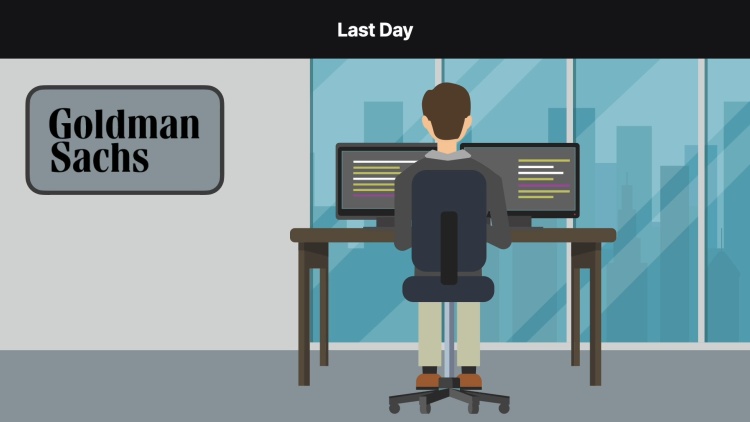United States v. Aleynikov
United States Court of Appeals for the Second Circuit
676 F.3d 71 (2012)
- Written by Caroline Milne, JD
Facts
Sergey Aleynikov (defendant) was employed for two years as a computer programmer with Goldman Sachs. Aleynikov’s work focused on developing computer source code for the company’s electronic-trading system. Under the company’s confidentiality policy, Aleynikov was required to keep all the firm’s proprietary information—including intellectual property created by Aleynikov—confidential. The policy also prohibited Aleynikov from taking or using any intellectual property he created while employed by Goldman Sachs when Aleynikov’s employment ended. Aleynikov accepted a new position, and on his last day at Goldman Sachs, he encrypted and uploaded more than 500,000 lines of source code he had written while at Goldman Sachs to a server in Germany. When he returned home, Aleynikov downloaded the source code from the server to a home computer. Aleynikov later transferred the source code to a flash drive and laptop. Aleynikov was subsequently arrested for violating the National Stolen Property Act (NSPA). At trial, Aleynikov moved to dismiss the indictment for failure to state an offense, which the district court denied. The district court held that, for purposes of the NSPA, the source code constituted goods that were stolen by Aleynikov. The court further denied Aleynikov’s argument that the NSPA did not apply to “intangible intellectual property,” such as the computer source code. The jury convicted Aleynikov, and Aleynikov appealed, arguing that the trial court erred when it denied his motion to dismiss.
Rule of Law
Issue
Holding and Reasoning (Jacobs, C.J.)
What to do next…
Here's why 911,000 law students have relied on our case briefs:
- Written by law professors and practitioners, not other law students. 47,100 briefs, keyed to 997 casebooks. Top-notch customer support.
- The right amount of information, includes the facts, issues, rule of law, holding and reasoning, and any concurrences and dissents.
- Access in your classes, works on your mobile and tablet. Massive library of related video lessons and high quality multiple-choice questions.
- Easy to use, uniform format for every case brief. Written in plain English, not in legalese. Our briefs summarize and simplify; they don’t just repeat the court’s language.





